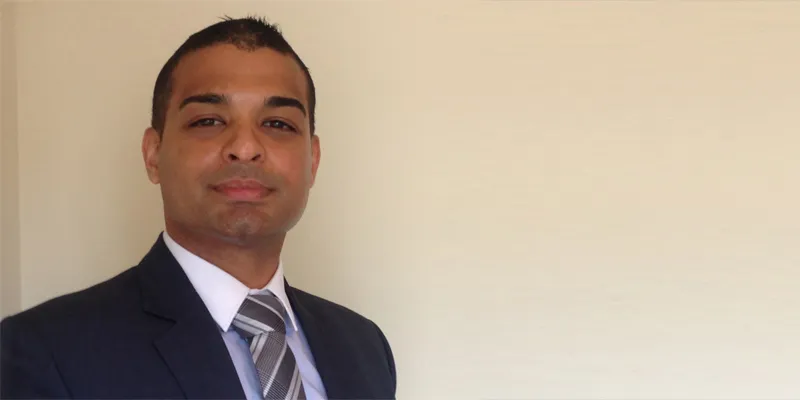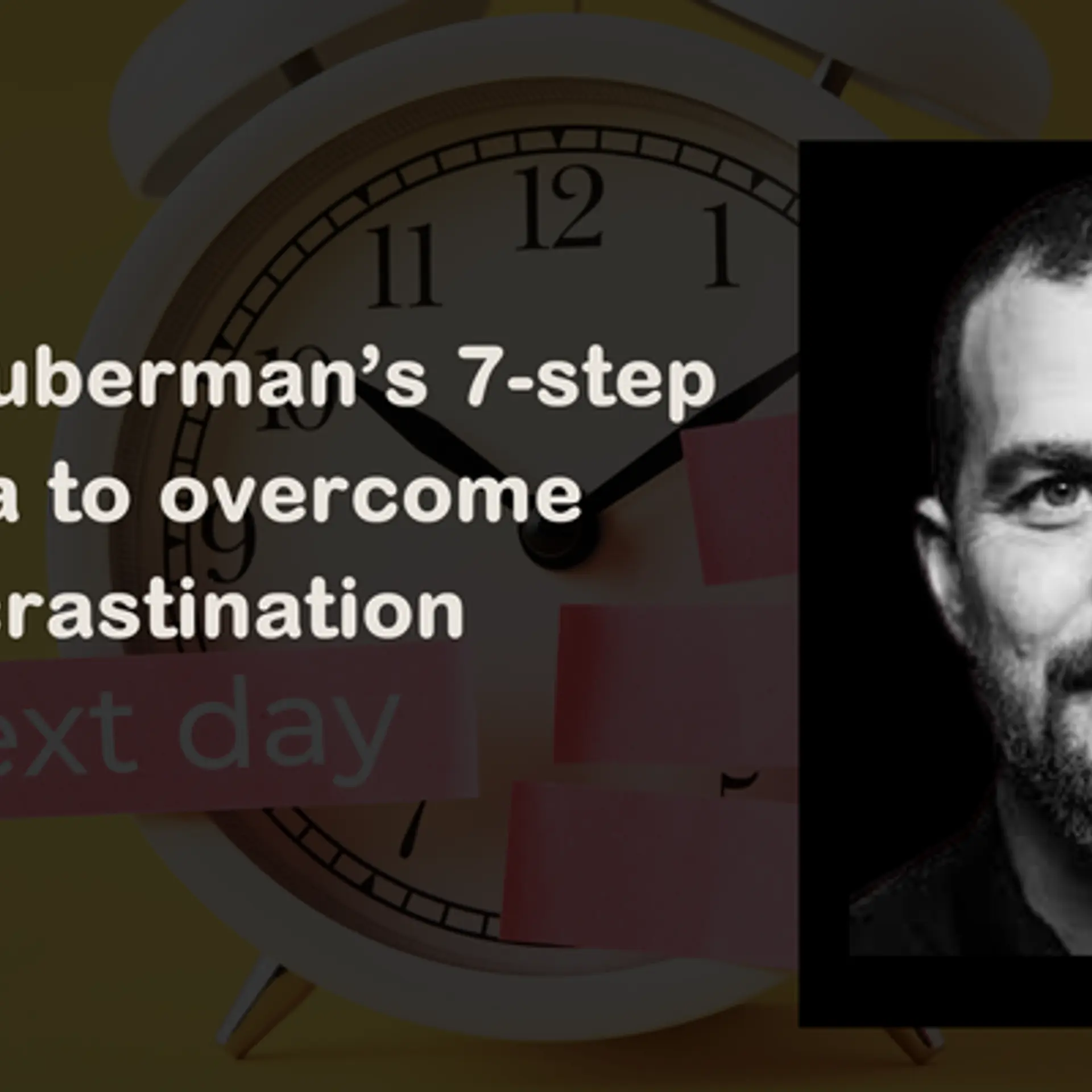Motto that entrepreneur Avinash Sood lives by: ‘the greatest enemy of future success is past success’
Avinash is the quintessential entrepreneur. He identified a problem to be solved during his travels around the world. Without any further ado, he jumped at the opportunity and launched his venture, Sudsons Metallurgica, 12 years ago, which has now grown to become a go-to place for large brands from European markets to enter India.
Unconventional entrepreneur Avinash lives by these mantras: “Always stay open, learn every day, do something meaningful that can make a difference in the world.”
Let’s delve deep into his story in this open conversation with YourStory.

YS: What’s your background, and where are you from?
AS: I was born in Calcutta, but our family moved to Hyderabad soon. I went to school in Hyderabad, did my undergrad from there too and then I went to the US to get my MBA from Boston, US. I worked for a few months after completing my Masters in the US. But this was during early 2000s and I had an itch to do something back in India. India was growing rapidly in terms of new industries and I somehow wanted to be part of that change back home. I wanted to bring high-tech products and services to Indian industry. I quit my job in the US and returned to India.
I started off by doing a lot of market research and analysis, and I travelled quite a bit to understand gaps in the market world-over. I went to Germany where the largest fair for steel industry is held every four years and that is where I started establishing partnerships with players who operate in European markets. In my interactions with these European players I figured that all of them wanted to set up operations in India but did not know how to go about it. That was how my company Sudsons Metallurgica was born.
YS: That’s a bold journey. Tell us more about your company?
AS: We work with leading European companies on a turnkey basis and we help bring these European companies into India. We help them set up a wholly owned subsidy office in India or we help them set up a project office in India. If a company wants to set up in India but does not want to invest in office space, hiring and training etc., then we act as their sales personnel in India. The companies basically sign an exclusive contract with us and then we build out their go-to market strategy in India, build out their sales team on the ground in India and manage their customer relations on ground.
YS: Tell us more about your clients? What are their problems? Why do they choose to enter India via a partnership model?
AS: Right now we have exclusive contracts with four large companies. These are all 100+ year-old legacy technology companies from Italy. Companies in oil and gas might not be considered as cutting edge as the IT sector, but I believe some of these services are the backbone of the economy; you cannot have IT companies if not for these companies. The growth of China has been because of strong industry and manufacturing. It is via these sectors that growth percolates to people. While these industries are not that glamorous comparatively, they generate tremendous amount of employment, and they build the foundation of a country. Robust mining, oil and gas, and infrastructure, are very important for a strong economy. Though this is not where the young people today want to invest their time and talent, but I believe that this is what drives the growth of our nation. I am proud that we bring some of these sustainable companies to India.
YS: Tell us in detail about how you work with these companies? How do you help them achieve success in India?
AS: We provide access to these legacy companies. The access is to markets that they don’t understand initially. While entering India, the mistake that everyone makes is failing to understand that India is a very challenging market. One billion people, and 400 million middle-class, sounds like a great market? Not quite, there are many challenges, and there are a lot of caveats. It is important to understand what success will look like in India, then that helps you define your business strategy. We help these companies understand the potential of the market, we don’t oversell; we help them look at the big picture. We work with large industrial conglomerates in India, and we help these large companies build long-term relations with our partner companies based on technical competence and offering consistent product and service quality.
YS: Based on your decade long entrepreneurial journey, what is the difference in entrepreneurial landscape back then and now in India?
AS: In some ways, things have improved. In some ways, things remain the same. Availability of talent was a challenge then and remains a challenge today. It is not easy to find good talent. Come to think of it, 2002 also had a fair amount of excitement because it was immediately after the dotcom bust and things have started going upwind. And BJP had the India Shining campaign. So between then and now the moods are similarly positive. Indian companies today are keen on being seen on the cutting edge of innovation. They are keen to be seen as the best in the world in terms of technology and are competitive in a global technology ecosystem -- that is a major change I have seen. Some things have become easier. All the systems of government going online have made life easier for me.
YS: How does it feel to be on entrepreneurial path for so long?
AS: I don’t think I have fully answered that question yet for myself. It is a constantly evolving path, it is never fully defined. Sometimes there are days when I feel that life would have been so much easier with a job. I meet many people who say I wish I was an entrepreneur. Sometimes I find myself saying I wish I were not an entrepreneur (laughs). However, what drives me is bringing something to life, and it doesn’t have to be my own company, it can also be a product. Achieving success for me is launching something new, that feeling wakes me up every morning. That is what drives me through this day. And if you have the right job, you can achieve that in your job as well. So it is about being entrepreneurial and not about being an entrepreneur.
I just spent a year at Stanford in California, I attended the Sloan program last year. They call it the Masters for Sloan Fellows, for people who are looking for the next level of leadership in global organizations. The reason I went there is to answer the question you asked: am I doing the best I can, am I challenging myself and not being complacent, and am I changing fast enough? Can I get myself out of the comfort zone everyday and innovate? I try to ask myself these questions everyday and push myself everyday.
YS: What do you consider your mistakes, and what have you learnt from them?
AS: I think as an entrepreneur you are bound to make a bunch of mistakes. I suppose when starting up, a little bit of ignorance is useful otherwise you won’t start anything. I made a host of mistakes in the past. Be very careful about making early judgments about people. I have a healthy respect for what people bring to the table. Many a times we don’t value those skill sets because we think we cannot relate to those skill sets. I learnt very early that people will surprise you because there is a lot of talent in everybody.
I made many strategic mistakes as well, and have tried to learn from them. I try to also learn from what goes right. Someone said the biggest enemy of future success is past success. Don’t ever think you have the mantra for success, because every situation is different, so keep an open mind.
We thank Avinash for sharing his story with us.







